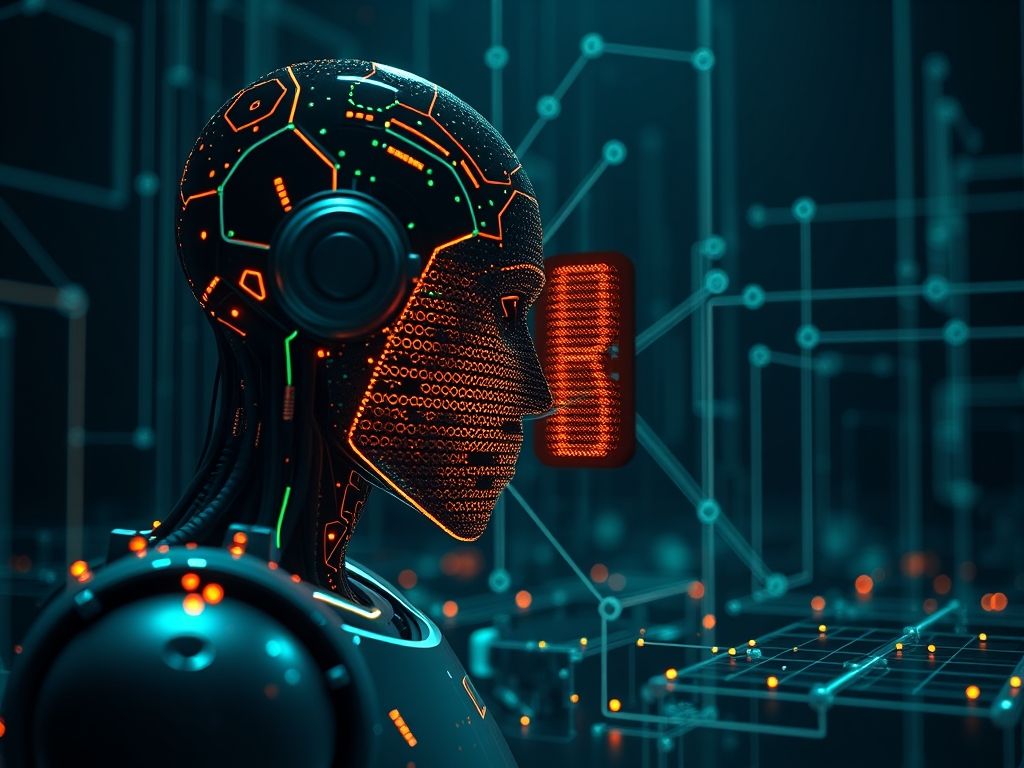Understanding AI Technologies
AI Technologies refer to the various methodologies, tools, and frameworks that enable machines to perform tasks typically requiring human intelligence. This includes learning, reasoning, problem-solving, perception, and language understanding. As we delve deeper into this realm, it’s essential to grasp not only what AI technologies are but also their significance in the fields of Information Technology, Robotics, and Web Development.
The Importance of AI Technologies in Today’s World
In an era where digital transformation is paramount, AI technologies play a critical role in enhancing efficiency and productivity in various sectors. From automating mundane tasks to providing insights through data analysis, the integration of AI into business processes has become indispensable. For programmers, server administrators, and web developers, understanding AI technologies can lead to innovative solutions that significantly improve user experience and operational efficiency.
Key Components of AI Technologies
AI technologies encompass several key components, each contributing to the overarching goal of replicating human-like intelligence. Below are some essential aspects:
- Machine Learning (ML): A subset of AI that enables systems to learn from data patterns without explicit programming.
- Natural Language Processing (NLP): This allows machines to understand and interact using human language, crucial for applications like chatbots and virtual assistants.
- Computer Vision: AI that allows machines to interpret and make decisions based on visual data.
- Robotics: The integration of AI in robots enables them to perform complex tasks autonomously.
Real-World Applications of AI Technologies
AI technologies are not just theoretical; they have practical applications that are transforming various industries:
- Customer Support: Companies are using AI-driven chatbots to provide 24/7 customer service, improving response times and customer satisfaction.
- Healthcare: AI technologies analyze patient data to assist in diagnosis and treatment recommendations, enhancing patient care.
- Finance: In finance, AI algorithms detect fraudulent transactions and manage risk assessments, safeguarding financial institutions.
- Marketing: AI-driven analytics help businesses target their marketing efforts more effectively by predicting customer behavior.
How AI Technologies Are Shaping Web Development
For web developers, AI technologies offer tools that enhance both the development process and the end-user experience. Here are some ways in which they are utilized:
- Personalization: AI algorithms analyze user behavior to deliver personalized content, resulting in higher engagement rates.
- Search Engine Optimization (SEO): AI tools assist in optimizing website content for search engines, improving visibility and traffic.
- Web Accessibility: AI technologies can help make websites more accessible to users with disabilities, enhancing overall user experience.
Integrating AI Technologies into Your Daily Workflow
Incorporating AI technologies into daily tasks can significantly streamline processes for programmers and web developers. Here are some actionable steps:
- Utilize AI-Powered IDEs: Integrated Development Environments (IDEs) that use AI can provide code suggestions and error detection, speeding up the development process.
- Implement Chatbots: Adding AI chatbots to your website can improve customer interaction and provide instant support.
- Data Analysis Tools: Use AI-driven analytics tools to gain insights from user data, guiding your development decisions.
Challenges and Considerations in AI Technologies
While the potential of AI technologies is vast, several challenges must be addressed:
- Data Privacy: Ensuring user data is protected while utilizing AI is crucial for maintaining trust.
- Bias in Algorithms: AI systems can inherit biases present in training data, leading to unfair outcomes.
- High Implementation Costs: Integrating AI can be expensive, requiring significant investment in technology and training.
Related Concepts in AI Technologies
To fully grasp AI technologies, it’s beneficial to understand related concepts:
- Deep Learning: A subset of machine learning involving neural networks that process large volumes of data.
- Big Data: The vast datasets that AI technologies analyze to derive insights and inform decision-making.
- Automation: The use of AI to automate repetitive tasks, freeing up human resources for more strategic work.
Conclusion: The Future of AI Technologies
AI technologies are continuously evolving, presenting new opportunities and challenges. As a programmer, web developer, or server administrator, embracing these technologies can lead to enhanced productivity and innovation in your work. By understanding their applications and implications, you can position yourself at the forefront of technological advancement.
As you reflect on the information presented, consider how you can integrate AI technologies into your projects and daily operations. The future is bright for those willing to adapt and innovate in this rapidly changing landscape.









